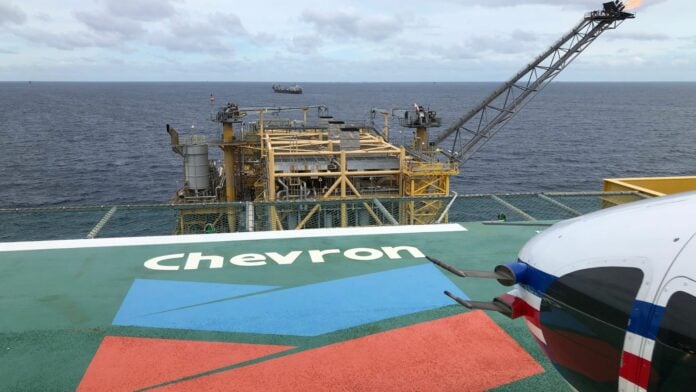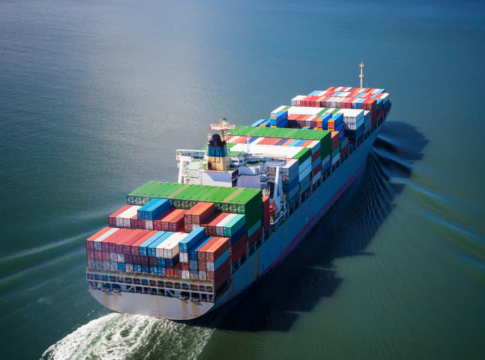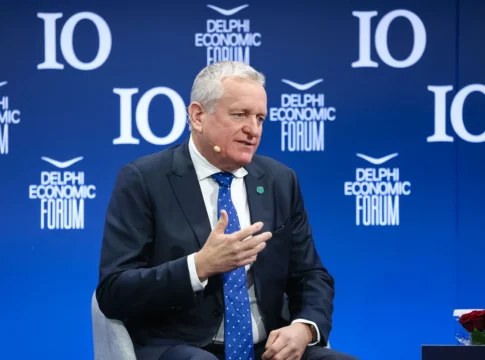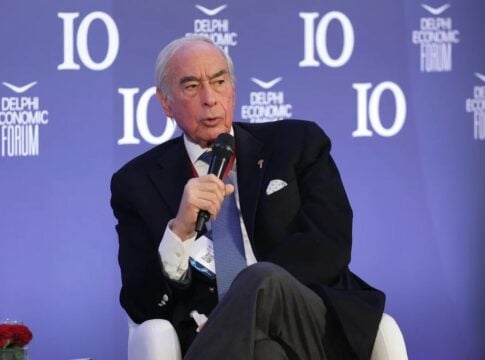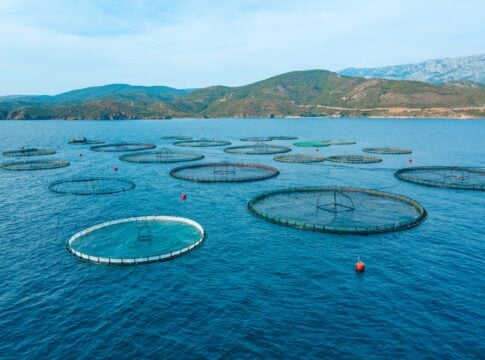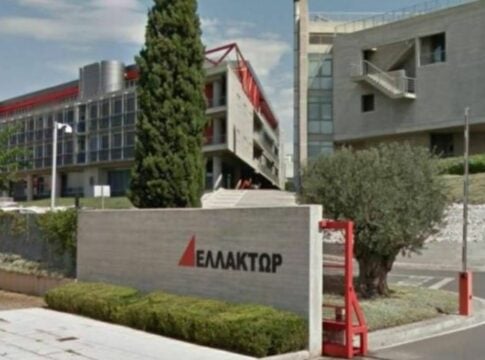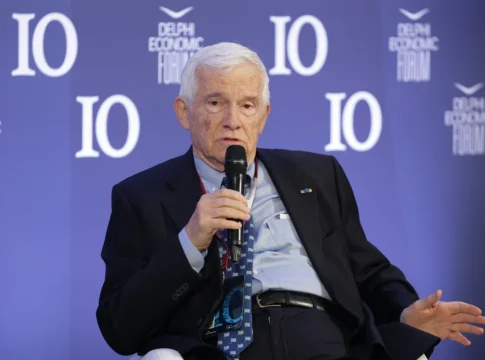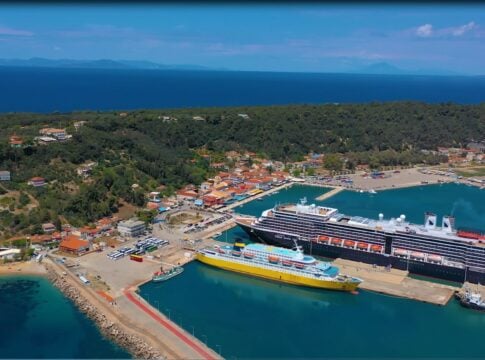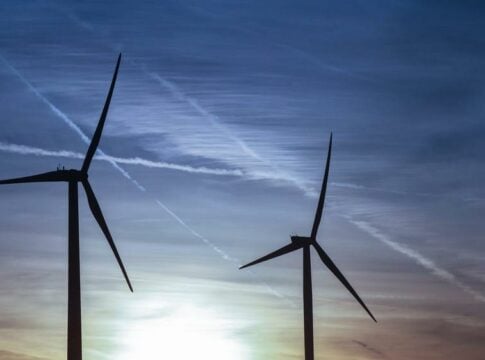A new chapter in the domestic hydrocarbon research and development program opens with Chevron’s decision to search for new natural gas deposits in the Greek seas, highlighting Greece’s role on the global map.
The decision comes at a time when fossil fuels are attracting interest, both in terms of symbolism in the “drill baby drill” model, and in terms of the challenges of the energy transition.
Chevron’s presence, according to officials who spoke to “N”, is recognized as a guarantee for the international appeal of the tender, positioning Greece, following the presence of the other US giant Exxon Mobil, at the center of the global oil industry.
“The credibility of natural gas”
“The data that until now underestimated the importance and demand for natural gas at the global and European level are being completely overturned by the second Trump presidency and the growing need for reliable and uninterrupted high-efficiency electricity generation to power data centers and AI units. Natural gas ensures this reliability at a much lower cost and risk compared to nuclear power. Since 2022, Greece has made a significant shift by prioritizing the exploration of hydrocarbons and especially natural gas, as few European countries do. “The interest and potential entry of Chevron at an early stage in the blocks south of the Peloponnese is a very positive development for the dynamics of the domestic exploration program, which is approaching the critical point, where Exxon will have to make its decisions on drilling in the blocks southwest of Crete,” the Professor of Geopolitics and Energy Policy at the University of Nicosia and advisor to the Ministry of Energy and Mineral Resources, Thodoris Tsakiris, said in a statement to “N”.
The potential economic “footprint”
In addition, Chevron’s involvement in the domestic hydrocarbon exploration and development program is expected to progressively translate into investments of around 165 million euros related to the company’s expenses for the implementation of the 3 phases of exploration in order to cross-check the existence of a natural gas deposit. In particular, as industry executives explained, the first phase, which concerns the acquisition of 2D seismic surveys, is estimated at approximately 10 million euros in cost, with the next phase for the collection of 3D seismic surveys reaching around 15 million euros.
If the processing and evaluation of the data collected from the first two phases “justify” the next step, which is the implementation of exploratory drilling, then the amount increases by approximately 100-140 million euros in order for Chevron to reach the point of mining and exploitation of the undersea natural gas reserves.


